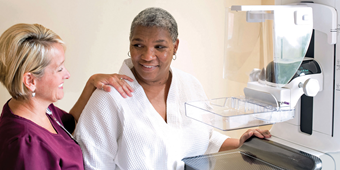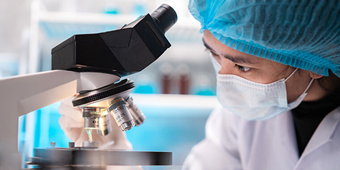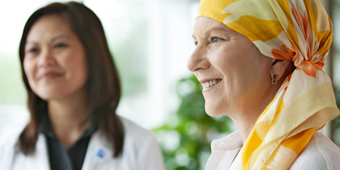Cancer
When cells in your body grow out of control, cancer results. And it can spread to other parts of your body. Premier Health providers offer advice on how to lower your risk of developing cancer, how to recognize cancer signs, and how cancer is diagnosed
to help catch it early and raise the chance of successful treatment.
Cancer Prevention

Smoking and drinking alcohol pose the greatest risks.
Cancer Diagnosis

Smoking and drinking alcohol pose the greatest risks.

Put the odds in your favor with regular screenings.
Cancer Treatment

Smoking and drinking alcohol pose the greatest risks.





